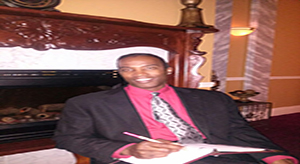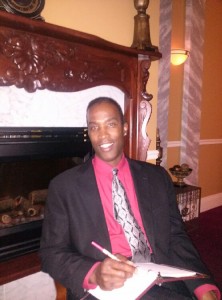“Justice is nothing more than the advantage of the stronger.” -Thrasymachus
By Hakim Hazim
The grand jury decisions in Ferguson and New York should not surprise us. Justice is in the eyes of the beholder and the criminal justice system is not blind. It derives its power from the larger societal framework that simply has many preconceived ideas about Black males. We must work relentlessly to change this and hold the system accountable. We must also support the people who are doing that and exercise patience in the process. Keep in mind the two chief law enforcement officers in this nation are Black: Barack Obama and Eric Holder, and racial tensions are at an all time high. To their credit they are doing quite a bit, but they face an uphill struggle. We should follow their lead on criminal justice reform and we should do everything we can for the young Black men around us before and after tragedy strikes. We should also consistently deplore what we are doing to one another; it’s senseless not too. All of these things reinforce the notion, “Black Blood is cheap.”
Current law enforcement approaches toward us as a people and the tacit societal approval behind it must change. Society inherently nurtures the belief that justice is nothing more than the interest and the sustained advantage of the stronger, and it has played out that way for centuries. The rationale is, “If they did things the right way, they would get what I have and so would their children.” Such self-righteousness obscures reality. The fact is people do all they can to give their descendants an advantage in the system and they tilt the scales to their advantage. It’s true with race, power and wealth and gender. It’s simply a human trait of passing the best of your efforts, lessons and acquisitions to your children, but you also pass your biases on as well.
When we first arrived, justice was never considered for us as a people. It was an elusive concept for which we prayed, fought, bled and died for. To this very day, she seems a distant stranger to many of our people still in terms of access, resources, familial ties and fair treatment in terms of the criminal justice system. Although all black people have felt the sting of injustice, poor black folks feel it the most. Having little to bargain with or offer they are viewed as inferior, unworthy and an unnecessary, troublesome burden by many—even middle class and upper class blacks. Our inner cities are filled with Black-on-Black crime, fatherlessness and substandard schools. This fertile ground of dysfunction produces young men who think that they or their peers have little value. Feeling powerless, they prey on one another and lash out at the larger system. This crab in a bucket mentality is celebrated in the music of popular culture. The sad fact is this, many of us have not learn to value one another the way we should and King’s Dream falls on deaf ears to many of the younger generation.
Let’s face the facts: statistics show young people who do well often succeed because of the systems and programs that strengthen them. Things like a solid family structure and access to education, faith-based organizations, mentoring agencies, activity, athletic and interest development organizations and employment services, give young people a fighting chance. If not, their doomed from the womb. The deaths of so many young black males or own the hands of many. The Black-on- Black gang wars, stand your ground advocates and law enforcement officers have all contributed to this. Passivity is not an option. Let your voice be heard, or remain entrenched in hypocrisy. The choice is yours.
Hakim Hazim is the founder of Relevant Now and co-founder of Freedom Squared. He is a nationally recognized expert in decision analysis, criminality and security.
 Westside Story Newspaper – Online The News of The Empire – Sharing the Quest for Excellence
Westside Story Newspaper – Online The News of The Empire – Sharing the Quest for Excellence





